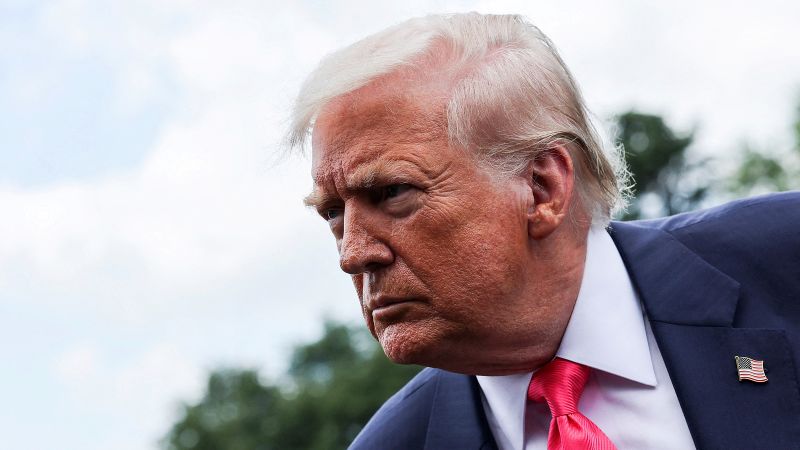On a notable Friday, President Donald Trump shocked many by declaring the strategic positioning of two nuclear submarines. This decisive move was prompted by what he described as aggressive and provocative remarks from Dmitry Medvedev, who previously served as the President of Russia and is currently the Deputy Chairman of the Security Council of the Russian Federation. Such a significant response from a sitting U.S. President underscores the heightened tensions in global affairs, particularly between the United States and Russia.
In a post on Truth Social, Trump elaborated on his decision, emphasizing the gravity of Medvedev’s statements. He indicated that those words could hold more weight than mere rhetoric, which warrants a careful and calculated military response. Trump’s statement read, “Based on the highly provocative statements of the Former President of Russia, Dmitry Medvedev, who is now the Deputy Chairman of the Security Council of the Russian Federation, I have ordered two Nuclear Submarines to be positioned in the appropriate regions, just in case these foolish and inflammatory statements are more than just that.” This proclamation reflects Trump’s belief in the power of language and how it can sometimes lead to unintended yet significant consequences. He expressed hope that the situation would not escalate further, thanking the audience for their attention regarding this matter.
However, the details surrounding Trump’s announcement left some ambiguity. It remained unclear whether the submarines he referred to would be those equipped with nuclear weapons or merely nuclear-powered vessels capable of traversing great distances without the need for refueling. This uncertainty adds an additional layer to the ongoing discourse regarding military readiness and nuclear strategy in the context of U.S.-Russia relations.
In a preceding statement, Medvedev had responded to Trump’s admonishment to “watch his words” by invoking Russia’s Cold War-era automatic retaliatory capabilities, which could easily escalate dangerous rhetoric into actions that could have dire consequences. This exchange not only highlights the intricate nature of diplomatic communication but also the potential for misinterpretation and miscalculation, especially when such heavy topics like nuclear capabilities are discussed openly on platforms like social media.
It is important to recognize the wider context of this exchange. U.S.-Russia relations have been historically fraught, with periods of tension and cooperation. The current climate shows a reemergence of old hostilities as both world leaders grapple with nationalistic pressures and geopolitical strategy. The world watches with bated breath as political figures navigate these treacherous waters, where words could lead to drastic military responses.
This situation is still unfolding, and the implications of Trump’s announcement and Medvedev’s response could reverberate across diplomatic circles for some time. International relations experts and analysts will likely scrutinize these developments closely, as they may provide insight into future U.S. military strategies and Russia’s possible reactions.
As with many geopolitical matters, the importance of vigilance and careful diplomacy cannot be overstated. The international community is keenly aware that any misstep could provoke a cascade of aggressive actions and elevated military readiness that might spiral uncontrollably. As this story develops and more information emerges, the hope is that cooler heads will prevail, ensuring that the rhetoric does not lead to an unnecessary escalation of tensions between the two nuclear powers.
In conclusion, the announcement from President Trump represents a significant moment in U.S.-Russia relations, reflecting both the precarious nature of modern diplomacy and the ever-present risks of verbal provocation potentially leading to military action. As the situation evolves, the world waits to see how leaders will navigate this complex interplay of power, responsibility, and the potential for conflict or cooperation.











